Self Reflection Teaching Resources
Build your classroom's self reflection kit with printable worksheets, activities, question prompts, quote posters and more to enhance your students' ability to reflect on what they've done and how they should move forward.
This collection of teaching resources was created by the teachers of Teach Starter for primary school teachers to help you help your students learn from their mistakes, identify patterns and improve their decision-making skills! Each resource in this teaching resource collection has been created with kids — and teachers — in mind, and each printable and digital activity has undergone a rigorous review process completed by a member of our teaching team.
Looking to add self reflection activities to your social and emotional learning lesson plans? Read on for a primer from our teacher team!
What Is Self Reflection? A Kid-Friendly Definition
How do you explain the self reflection meaning to your students in a way that will help them look inward? Try this kid-friendly definition from our teacher team:
Self reflection is a special time when you pause and think about yourself, how you feel and the things you have done or are going to do. This helps you understand yourself better.
Being self reflective helps us understand what we like, what makes us happy, and what challenges us. It's a great way to learn more about yourself and make better choices.
How to Teach Students to Self Reflect
The idea of looking inward doesn't come easy for most students, but then again it can be a challenge for adults too. Kids as young as foundation can be self-reflective, but the ability to engage in more advanced and complex self-reflection typically emerges during late childhood and adolescence.
So how do you teach kids how to self reflect in primary school? Here are some tips from our teacher team:
- Model Self-Reflection — Like so many components of SEL, seeing their teacher practise self-reflection can go a long way. Demonstrate the skill by regularly sharing your own experiences and thoughts. Explain how you reflect on situations, make decisions and learn from mistakes.
- Provide Guided Prompts — Offer thought-provoking self-reflection questions or prompts that provide a structure for students to reflect on their experiences and feelings. This can be incorporated into your morning meeting time.
- Celebrate Growth and Learning Progress — Sometimes, students will need to reflect on negative behaviours or feelings, but not always. It's important to encourage our students to recognise and celebrate their achievements and personal growth. Help them understand that self-reflection is a powerful tool for learning and improvement, as you can build on those positive results.
- Encourage Critical Thinking — Promote critical thinking skills by asking students to analyse situations from different angles, and encourage them to consider multiple perspectives as well as evaluating the consequences of their actions.
- Plus Plan
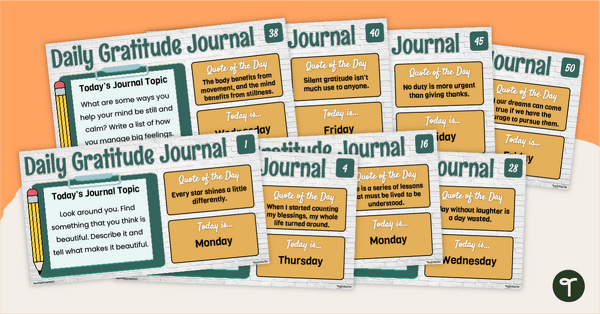
Gratitude Journal Writing Prompts for Kids - Daily Slides
Project and inspire reflective writing with 50 gratitude journal writing prompts in one handy slide deck.
- Plus Plan
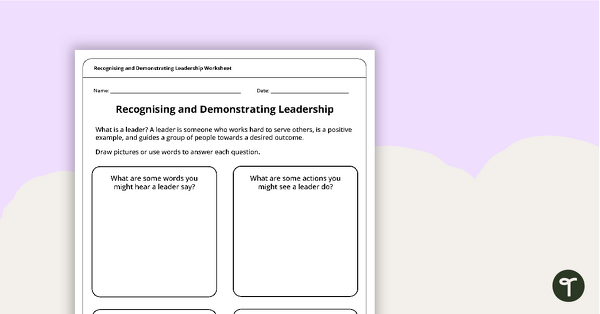
Recognising and Demonstrating Leadership Worksheet
Students explain the words and actions they see leaders use and list examples of how they might model leadership at home and in school.
- Plus Plan
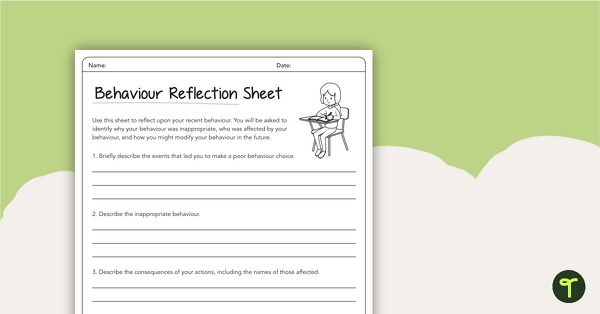
Behaviour Reflection Sheet (Upper Primary)
Get your students to reflect on their behaviours with this reflection worksheet.
- Plus Plan
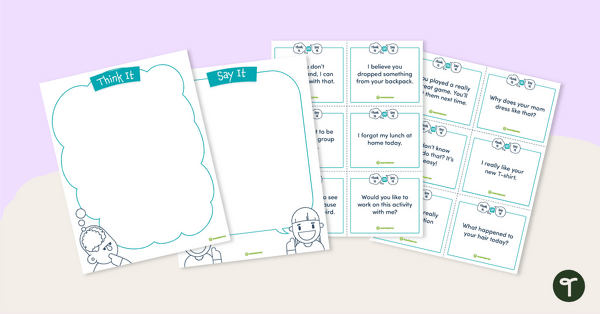
Think It or Say It? - Sorting Activity
Teach students about using a filter when speaking with others.
- Plus Plan
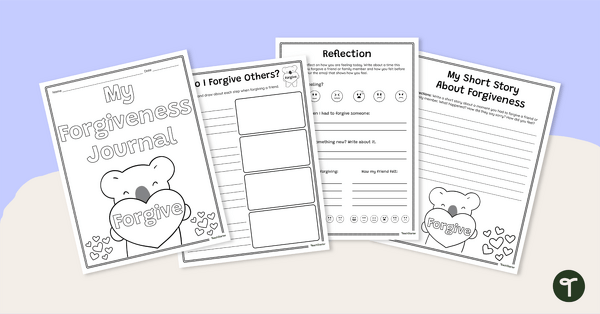
My Forgiveness Journal – SEL Worksheets
Teach students about the importance of forgiving others with this printable forgiveness journal.
- Plus Plan
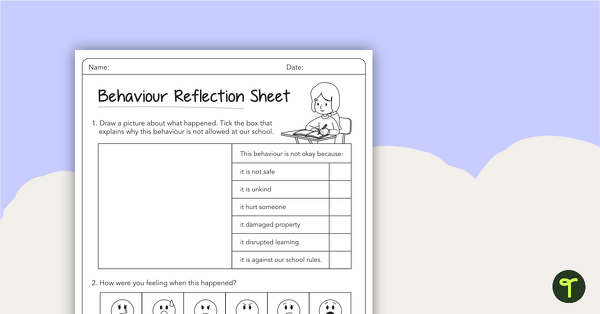
Behaviour Reflection Sheet (Lower Primary)
Get your young students to reflect on their behaviours with this reflection worksheet.
- Plus Plan
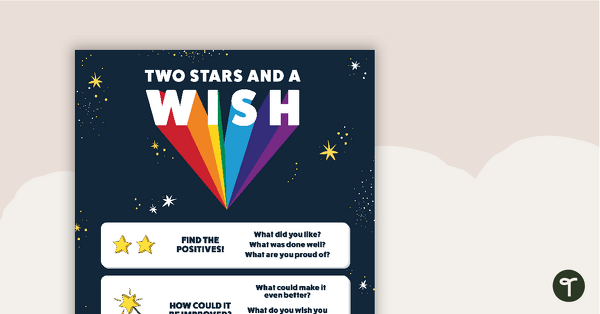
Two Stars and a Wish Poster and Feedback Slips
A set of feedback cards and display poster for the classroom.
- Plus Plan
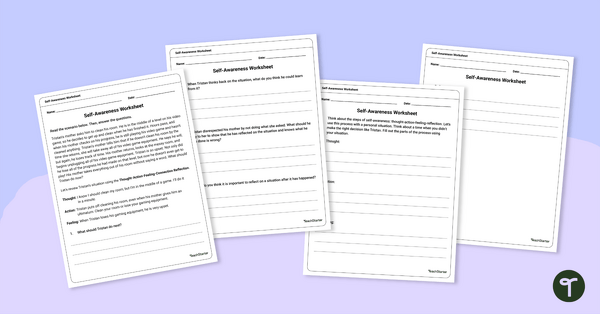
Self-Awareness Worksheet
Help your students build self-awareness by reflecting on the thoughts, feelings, and behaviors in the specific scenario outlined on this worksheet.
- Plus Plan
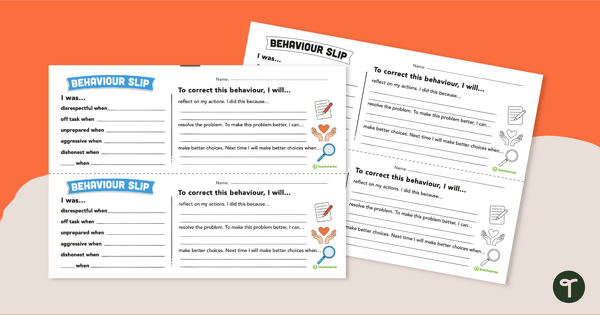
Behaviour Reflection Sheet for Upper Years Students
Use this printable behaviour slip template for students when reflecting on their behaviour choices.
- Plus Plan
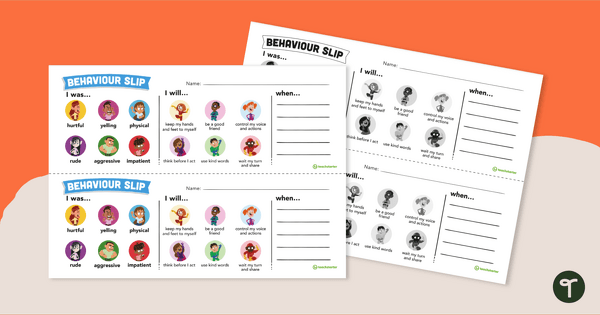
Behaviour Reflection Sheet – Lower Years
Invite your early years students to reflect on their behaviour choices with this behaviour think sheet.
- Plus Plan
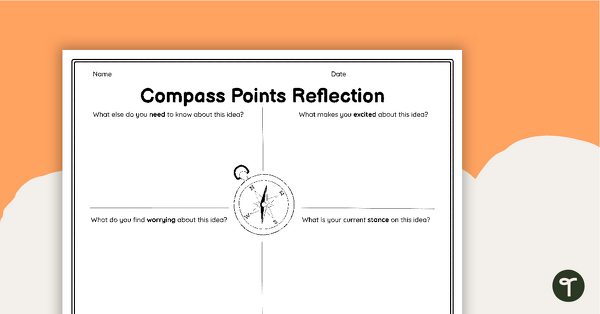
Reflection Activity - Compass Points
Use this template to assist students in recording their reflections and responses to information from fiction and non-fiction texts and media sources.
- Plus Plan
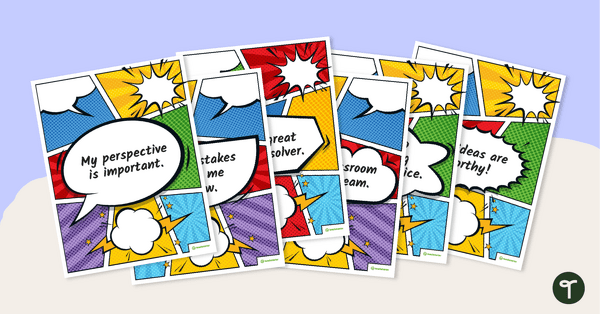
Positive Affirmations for Kids - Posters
Help your students overcome self-doubt with this set of posters containing positive affirmations for kids.
- Free Plan
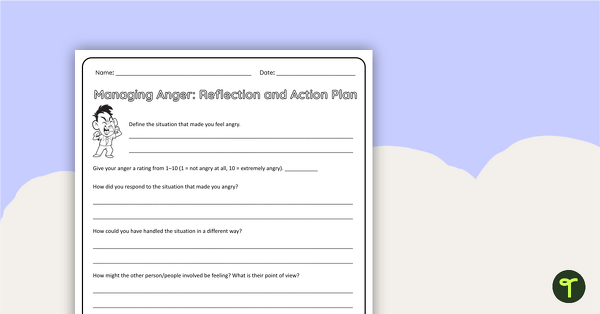
Managing Anger Worksheet (Upper Primary)
Help older students identify and manage angry feelings with this self-reflection and action plan worksheet.
- Free Plan
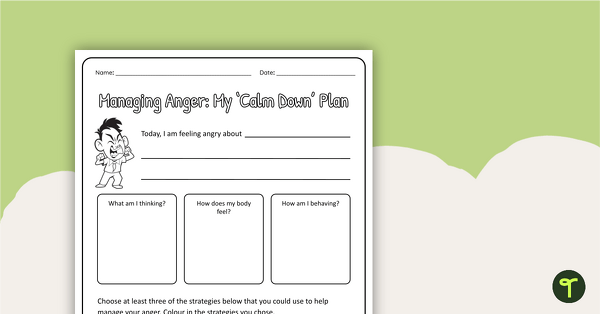
Managing Anger Worksheet (Lower Primary)
Help students identify and manage their anger with this self-relfection worksheet.
- Free Plan
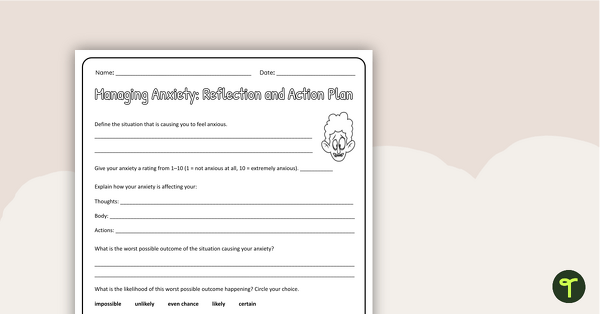
Managing Anxiety Worksheet (Upper Primary)
Help older students identify and manage anxious feelings with this self-reflection and action plan worksheet.
- Free Plan
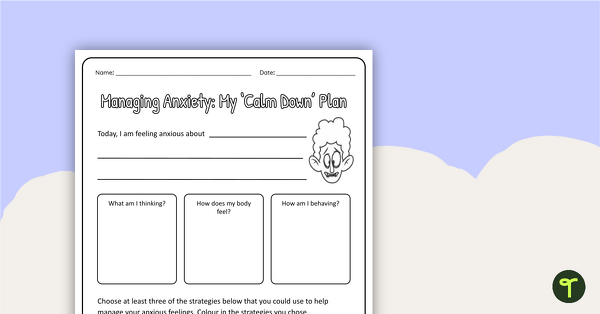
Managing Anxiety Worksheet (Lower Primary)
Help students identify and manage anxious feelings with this self-reflection worksheet.
- Plus Plan
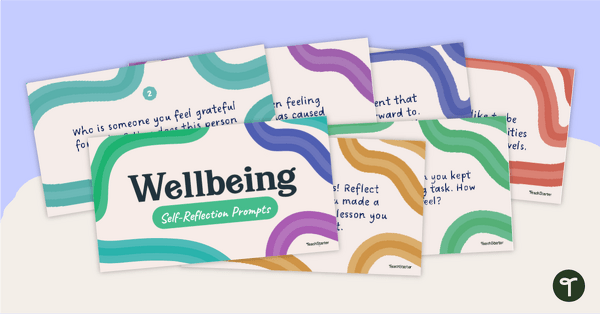
Wellbeing Self-Reflection Prompts PowerPoint
Make mental wellness check-ins a regular part of your day with our collection of 50 student self-reflection prompts.
- Plus Plan
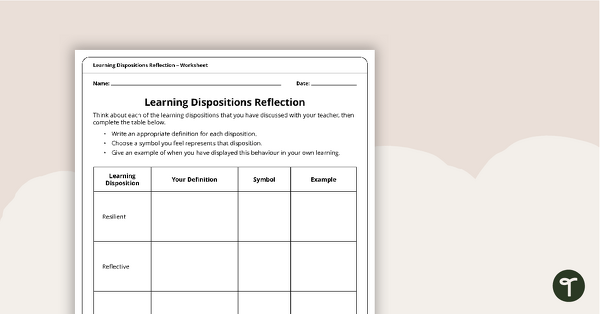
Learning Dispositions Reflection Worksheet (Upper Years)
A worksheet to allow students to reflect on their application of various learning dispositions.
- Plus Plan
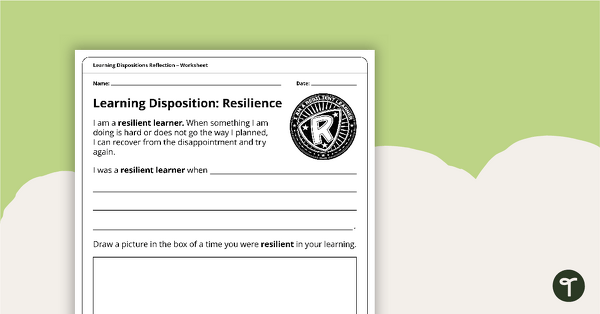
Learning Dispositions Reflection Worksheets (Lower Years)
A set of 10 worksheets to allow students to reflect on their application of various learning dispositions.
- Plus Plan
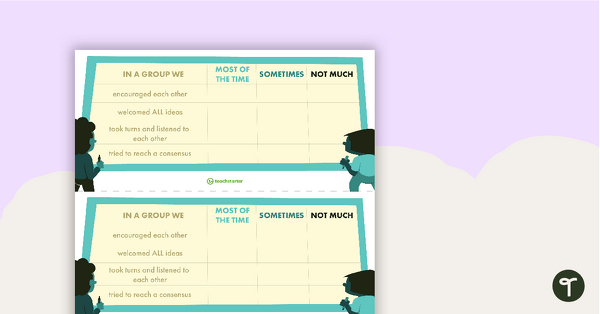
Teamwork Reflection Checklist
A checklist for students to use when evaluating how well they have worked in a group.